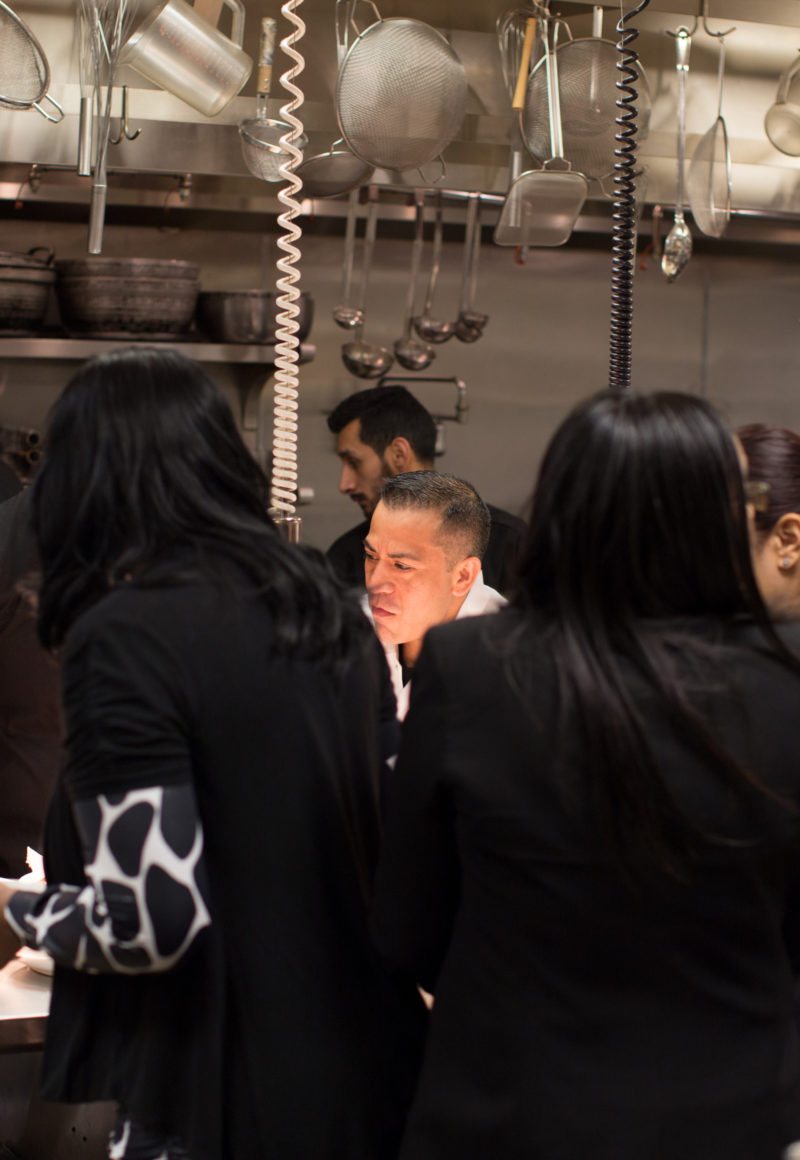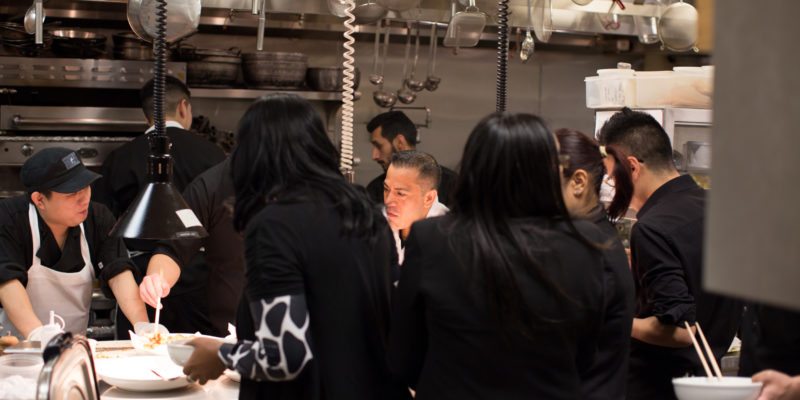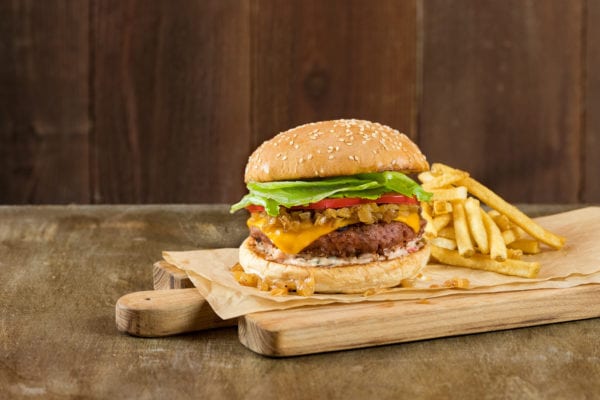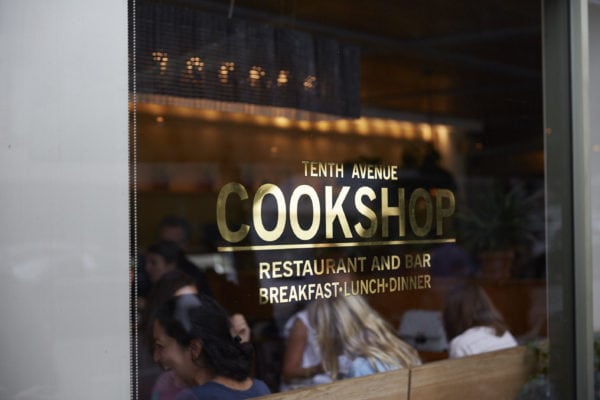Skift Take
Restaurants that source ingredients from other countries, including the priciest sushi in Manhattan, must straddle the line between authentic ingredients and compliance with U.S. safety standards.
— Kristen Hawley
One of New York’s most expensive restaurants is in some trouble with the Food and Drug Administration over its fresh fish.
Masa, which earned three Michelin stars for its $595 tasting menu (before drinks and tax), received a warning letter from the FDA dated Oct. 16 alleging violations of federal rules that govern seafood imports. “Your fresh trevally and fresh Katsuwonus pelamis (Katsuo), also known as skipjack tuna or bonito,” the agency wrote in a letter published online this week, “have been prepared, packed, or held under insanitary conditions whereby they may have been rendered injurious to health.”
“We take FDA regulations very seriously and, of course, food safety is always a priority. We are working closely with our purveyors in Japan to get this resolved quickly,” said Tina Clabbers, a representative for Masa, in an email.
While the the FDA doesn’t typically regulate individual restaurants, the agency has jurisdiction over seafood importers. Inspectors visited Masa on June 22, according to the letter, which redacted the name of the restaurant’s fish supplier.
The letter doesn’t specify the precise nature of the violation, and a spokesperson in the FDA’s New York district office was not available for comment.
The regulation for which Masa was cited requires fish importers to ensure that foreign suppliers meet the same standards for safety that domestic processors must adhere to. The FDA warning letter says the restaurant “must implement an affirmative step” to comply with the seafood import rules but failed to do so for the aforementioned fresh trevally and Katsuo.
Affirmative steps could include getting records from foreign suppliers about their compliance with FDA standards, inspecting the foreign facility or other actions to verify that the fish is up to code.
High-end sushi chefs have clashed with regulators before over rules that require that fish intended for raw consumption be frozen before serving. The freezing process is intended to kill pathogens. Masa’s 20-plus course omakase menu uses ingredients “only in their freshest most delicious state,” according to its website.
New York City health inspectors gave Masa an A grade in July 2016. The health department did not cite any violations regarding fresh fish.
©2017 Bloomberg L.P.
This article was written by John Tozzi from Bloomberg and was legally licensed through the NewsCred publisher network. Please direct all licensing questions to [email protected].
![]()





